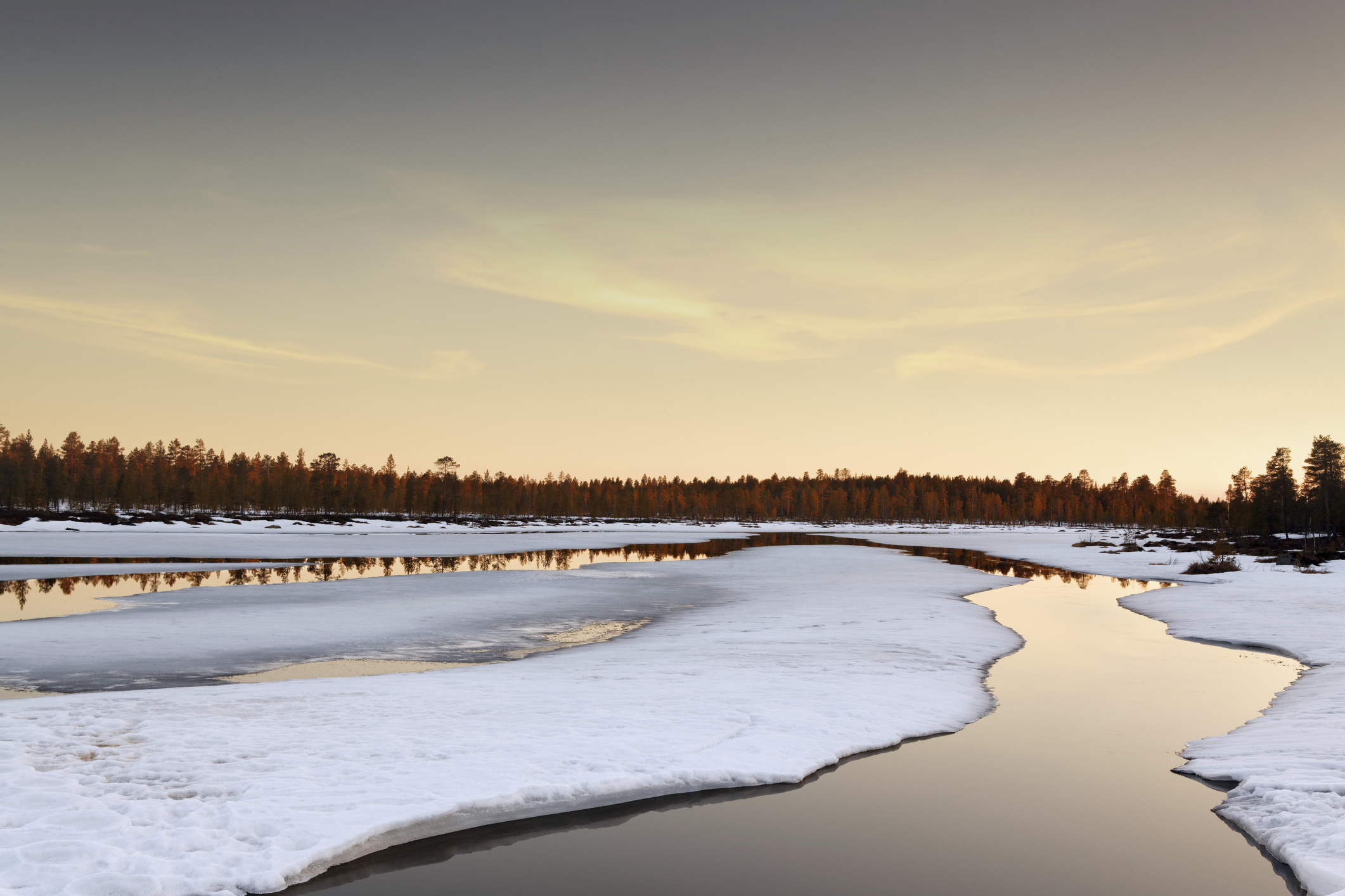
During the conference "How are you Nordic Region?", topics as current refugee situation and border controls between Denmark and Sweden were also discussed.
While the EU is about to suspend the Schengen passport-free travel zone for two years, on the basis that the migrant crisis has exposed “serious deficiencies”, the Nordic Council of Ministers works in the direction to keep borders open within the Nordic area. “We want to retain freedom of movement in the Nordic Region as well as Nordic values. We’ve always helped and supported one another. We can’t turn against one another now.”
The Schengen Borders Code provides Member States with the capability of temporarily reintroducing border control at the internal borders in the event that a serious threat to public policy or internal security has been established. States that have currently reintroduced temporarily border controls are: Germany, France, Austria, Denmark, Sweden, Norway.
NORDEN, 29.01.2016 The conference "How are you, Nordic Region?" on 27-28 January marked the start of Finland’s presidency of the Nordic Council of Ministers. The theme of the conference was sustainability through welfare, culture, and gender equality, although the current refugee situation and border controls between Denmark and Sweden were also discussed.
Berner, who spoke at the conference, offered assurance that the Ministers for Nordic Co-operation are working on several fronts to remove border controls. Among other things, they want to see a meeting between the Nordic prime ministers with a view to achieving a clear commitment to the freedom of movement.
“We want to retain freedom of movement in the Nordic Region as well as Nordic values. We’ve always helped and supported one another. We can’t turn against one another now.”
Berner also said that she wants to see more flexible co-operation between Nordic ministers, who react together more quickly on what is happening in the Region.
“We need a more modern structure if we are to lead Nordic co-operation in way that we can react more quickly instead of having different reactions from the individual Nordic countries before then coming together.”
“We want to retain freedom of movement in the Nordic Region as well as Nordic values. We’ve always helped and supported one another. We can’t turn against one another now.”
Common Nordic line?
Berner sees two openings with regard to a possible common Nordic line in refugee policy. Firstly, Berner wants to see a common focus on how the Nordic Region will operate its refugee policy in relation to the EU, as well as on how to achieve better surveillance of the EU’s external borders rather than its internal borders.
“Secondly, I want us to identify how we can create an integration policy that facilitates quick integration so that we no longer speak about a refugee crisis, but about the integration of migrants, about new workers, and a new population.”
Tuomas Martikainen, Director of the Finnish Institute of Migration, also spoke about the refugee situation. He said that although xenophobia may not have increased in the Nordic countries, it has become more visible and more accepted. Martikainen believes that a particular challenge to the current situation is that many people are looking for scapegoats and people to blame for what they feel is a problem in society, such as a weak economy.
“This blame has now been put in the hands of refugees,” Martikainen says.
